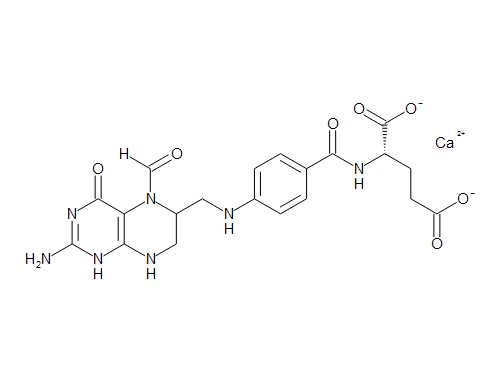Researchers at the University of California, San Diego School of Medicine have launched a clinical
trial to investigate the safety and efficacy of an unprecedented drug therapy for autism.
The phase 1 clinical trial, which is recruiting 20 qualifying participants, will evaluate suramin — a century-old drug still used for African sleeping sickness — as a novel treatment for children with a diagnosis of Autism Spectrum Disorder (ASD). Previous published research by Robert K. Naviaux, M.D., Ph.D., professor of medicine, pediatrics and pathology at UC San Diego School of Medicine, and colleagues reported that a single injection of suramin reversed symptoms of ASD in mouse models.
This trial is the first to test suramin in children with ASD.
‘Autism affects 1 to 2 percent of children in the United States,’ said Naviaux, co-director of the Mitochondrial and Metabolic Disease Center at UC San Diego. ‘Hundreds of genetic and environmental factors have been shown to increase the risk of ASD, but treatment options for the core symptoms are limited. To date, there are no medications that can cure ASD, and very few that can improve its core symptoms.’
To participate in the study, a child must be a boy between the ages of four to 17 years and have been diagnosed with ASD by a psychologist or physician. He must be a resident of San Diego County and cannot have a known genetic cause of mutation (such as Fragile X syndrome) or be taking any prescription medications. He cannot have been hospitalized within the last two months or be planning to begin any new medical treatments during the time of the study. The study will involve 10 to 12 clinical visits over three to four months for each child.
All testing and treatment will occur in San Diego County. Participants who complete the trial will be compensated for their time.
Read the whole story at Medical News Today






